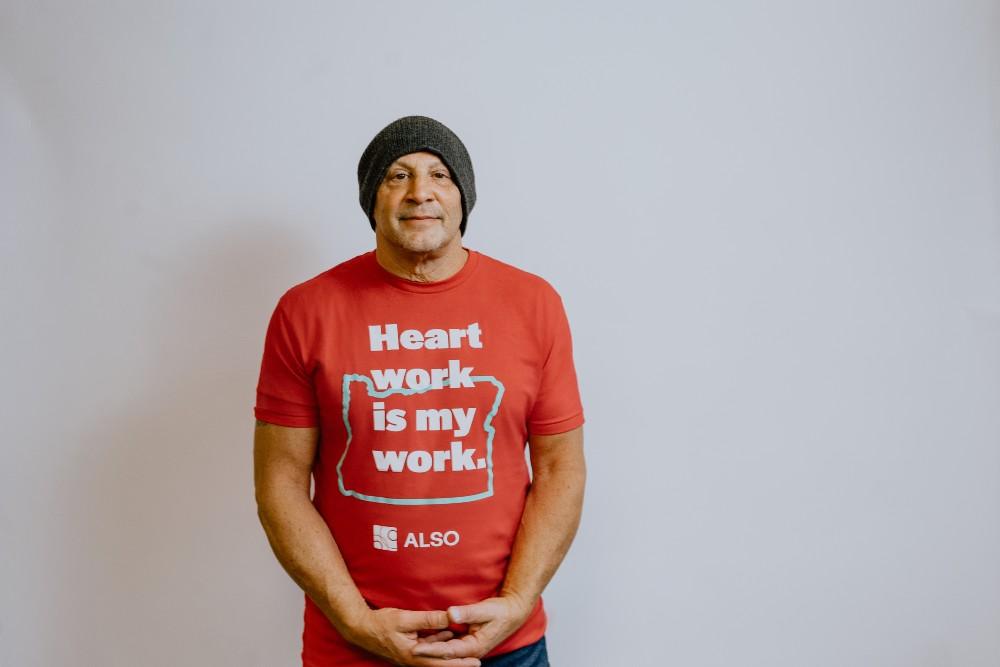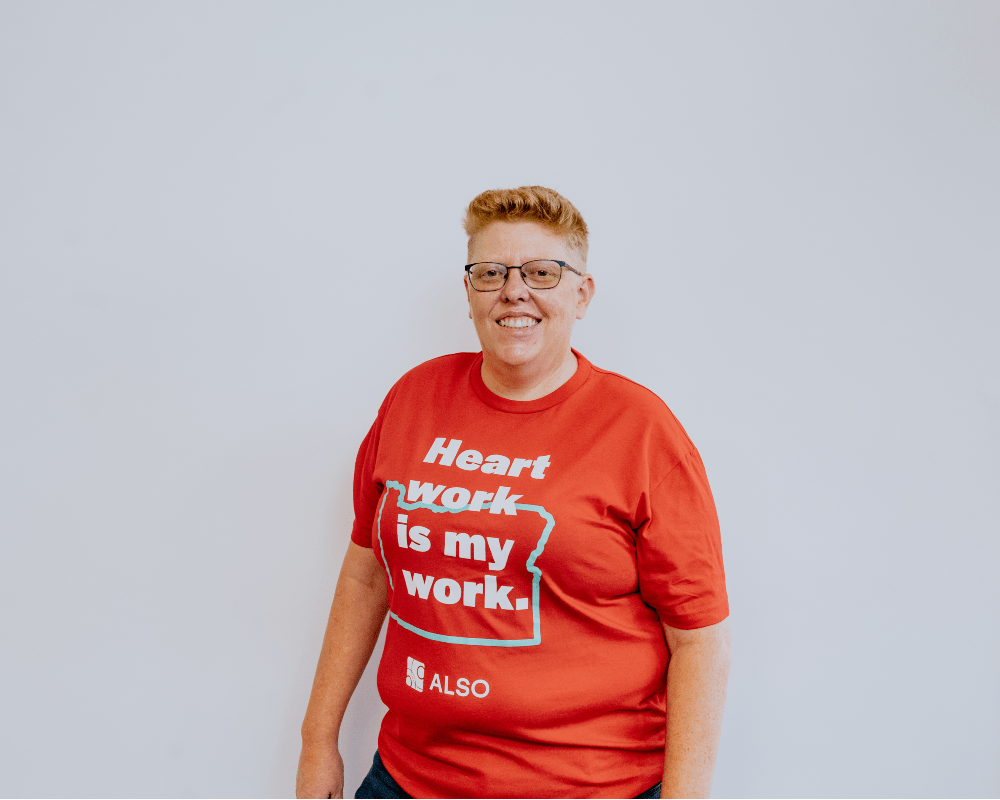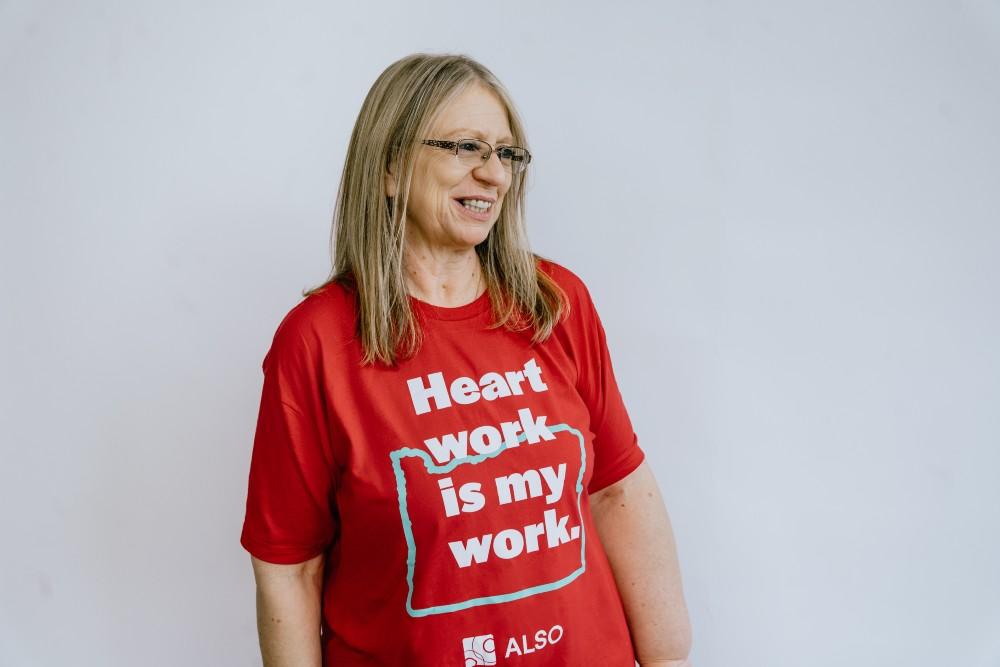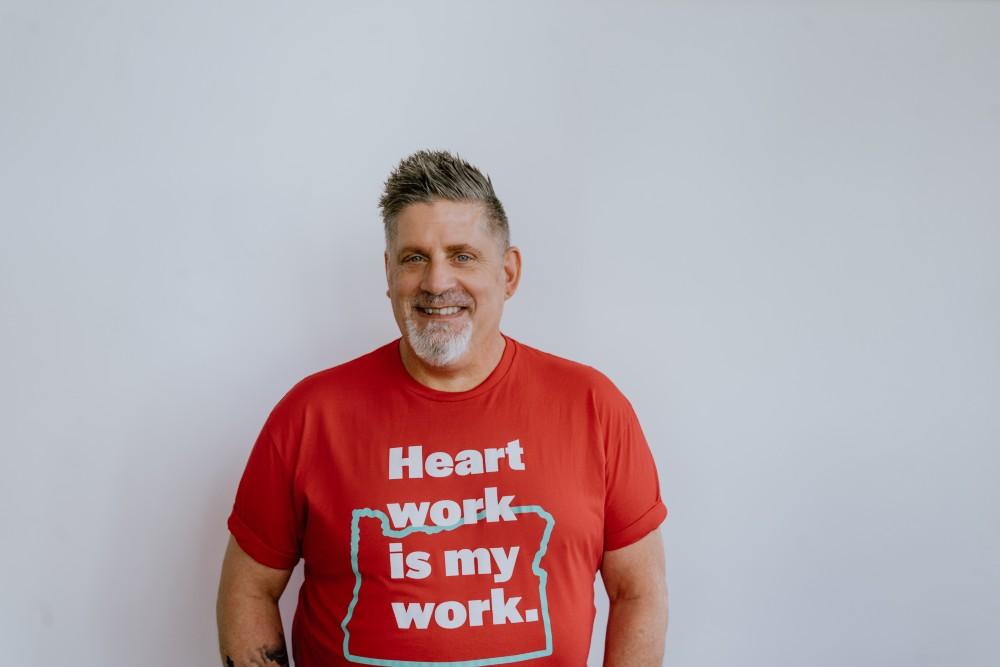Explore the ALSO Children’s Homes Wishlist and help fill the season with joy for the children supported by ALSO.
Explore the ALSO Children’s Homes Wishlist and help fill the season with joy for the children supported by ALSO.

ALSO is an Oregon provider of disability support services for people living with intellectual and developmental disabilities (I/DD). Our mission is to promote the full inclusion of people experiencing disabilities in the life of their community. This means independence, equal access, and opportunity in all aspects of community living.
To answer this question, let’s take a look in the mirror…”Why is independence important to you?”
Independence allows you to do all kinds of things that you might take for granted:
Without independence, we lose our sense of self-worth and belonging. For people with disabilities, it is the same. Furthermore, when community members with a disability do have independence, it allows them to live as full members of society, and to have autonomy, pride, confidence, and control over their lives.
READ MORE ON AUTONOMY:
So, how does ALSO facilitate independence and equal opportunity for those we support? A common thread throughout all programming is Person-Centered Planning (PCP). This allows ALSO direct support professionals (DSPs) to address the specifics of the person’s strengths, goals, and needs (as well as related medical conditions). This, in turn, establishes individualized programming and coordination of disability resources.
Let’s hear directly from ALSO DSPs and specialists about our best practices in disability services for people with I/DD. Keep in mind that many tools and strategies we use may overlap, because we offer comprehensive person-centered services.

Paul Dahbour, Associate Director
Paul has found that continuous training is a strategy that works best for individuals with I/DD in ALSO’s residential services program. Team members and the person supported meet regularly to find out processes that are working, as well as things that need improvement.
A great example of a training tool is a picture board that the team used to support an individual in weekly routines, appointments, and budget. It created opportunities to develop increased independence in finances and other responsibilities.

Jackie Armbruster, Supported Living Manager
Jackie and her team collaborate to target any training needs, appropriate accommodations, or technical assistance needed to increase independence at home and in the community, such as:

Tanja Garrot, Associate Director
Consistency, stability, and security are key to success in ALSO’s children’s services. Tanja has found that visual aids really help kids to move forward in their journey towards greater independence. Some visual aids include:
DSPs are excellent at creating the optimum learning environment in the home setting, as well as working with teachers and other professionals in advocating for appropriate academic accommodations.

Chaz Volavka, Employment Services Director
Chaz works to help the person supported create a road map for achieving long-term goals towards competitive employment. Often, this begins with vocational rehabilitation services. The team becomes closely attuned to the person’s learning capacities, strengths, and needs.
Examples of guidance, training, and support include:
We’re also accustomed to introducing various forms of technical assistance to help employees with I/DD in completing tasks. Examples of these are:
LEARN MORE: Assistive Technology in the Workplace
Chaz Volavka, Employment Services Director
Our amazing arts program, located in Troutdale, is a flagship model on what happens when you bring together the arts, people with I/DD, and a supportive community. Programming includes:
We’re proud to say that some of our artists have been successfully selling their own art!
Our dedication to promoting independence is integral to the ALSO Mission of full inclusion of people experiencing disabilities in the life of their communities.
As Paul Dahbour states, “…asking people what’s important to them, what they want more independence in…[then we] keep discussing how we can make this happen.” Then, the team moves forward with the following tools and strategies:
Throughout every stage of the independence journey, we provide plenty of emotional support, guidance, and of course…celebration! Learn more about ALSO specialized services and disability support options throughout Oregon.

Sign up for our newsletter to get our latest news, content, and job opportunities.
Help us ensure that everyone has the same opportunities in their home, workplace and community. Let’s make dreams!
